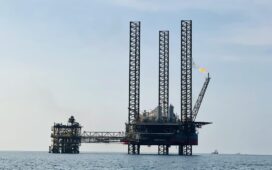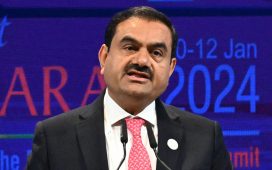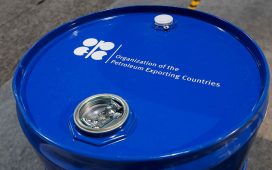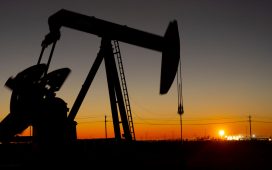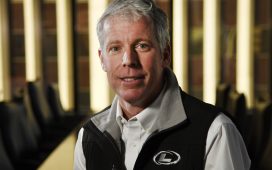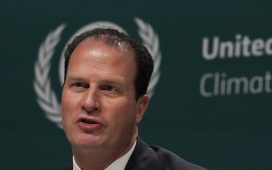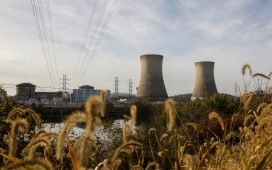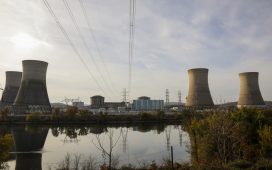Jorge Rodriguez (L) Venezuela President of the National Assembly, Gerardo Blyde (2L) Venezuela … [+]
Venezuela’s Plataforma Unitaria—the main opposition alliance—and government representatives met in Bridgetown, Barbados on Tuesday to negotiate, following a “memorandum of understanding” laid out in Mexico last year. The meeting was sponsored by two mediating governments, Mexico and Norway, and by the host, Barbados. Just last Friday, Mexican president Andrés Manuel López Obrador said that the two parties were in contact again.
The deal between the opposition and the government comes straight after representatives of presidents Maduro and Biden met in Doha last month. The two negotiation processes go hand-in-hand, especially given that the US executive branch and Venezuela’s opposition have been working closely in the past.
The upcoming 2024 elections have been at the centre of the announced agreement, which are set for the second half of the year. There will also be international observers at the vote, with explicit mention of the Carter Center, the European Union, and the United Nations. The electoral register will be updated, including for the millions of Venezuelans who have left the country in the recent economic crisis.
The ban on certain candidates has been put down as a red line for the Venezuelan government. As President Maduro said on Monday, and later Jorge Rodriguez on Tuesday, “candidates that break the law” will not be allowed to run. The statement was directed towards Maria Corina Machado; her public office ban is due to having called for foreign powers—namely the US—to sanction and intervene militarily in Venezuela. This is despite the opposition announcing that the two parties had reached an agreement resolving public office bans.
Crucially, the two parties also reached an agreement on Venezuela’s overseas assets, most of which are frozen in the US and Europe. They made special reference to Citgo, the refining giant in the US that is due to be auctioned off to creditors after a Delaware court order. The bidding rounds for shares creditors and claimants are scheduled between January and May 2024.
The Plataforma Unitaria—the opposition alliance—announced that the primaries will go ahead on Sunday without government interference. However, it faces other challenges: the frontrunner, Machado, is still barred; and there may not be enough resources for voting stations to be rolled out across the country. Carlos Prosperi, the second-favourite candidate in the race, claimed that for instance in the capital, Caracas, voting will only be available in the wealthier eastern neighbourhoods. On the day, it will be clear whether they are open to all of Venezuela or just in opposition hubs.
Global energy giants moving in
While negotiations take place in Qatar and Barbados, global oil and gas giants have started to plan for a reopening. The White House has amended a license for the Dragon gas field, allowing Trinidad and Tobago to pay Venezuela’s PDVSA. Shell plc, Trinidad’s National Gas Company and PDVSA were already planning to exploit the offshore gas field sitting between the two Caribbean countries.
As we have mentioned in other articles, US energy interests are also readying to expand operations in Venezuela. Chevron
CVX
VLO
The timing of the agreement could not be better. For President Maduro, the likely sanctions relief will bring respite to an asphyxiated economy in the run-up to the 2024 vote. The opposition will have an opportunity to compete in elections. And the US seems to be the most interested party, facing problems related to migration, energy prices, and geopolitics, among others—especially as tensions are rising in the Middle East.
